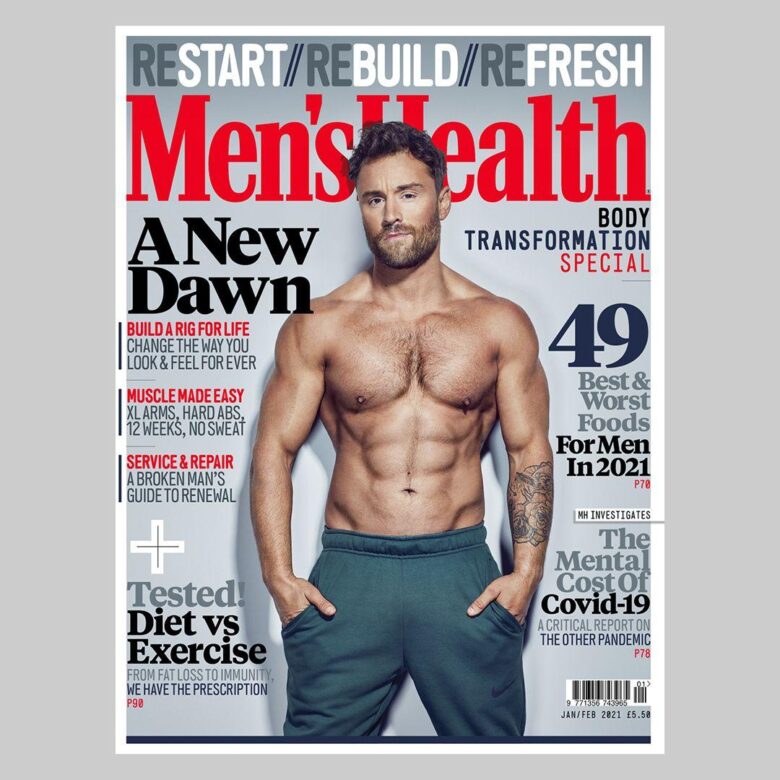In a world where vitality often feels like an elusive treasure, many men find themselves grappling with the symptoms of aging—fatigue, diminished strength, and a waning zest for life. As society increasingly embraces the importance of mental and physical well-being, a renewed interest in testosterone therapy has emerged as a beacon of hope. This treatment, once shrouded in stigma, is now gaining recognition for its potential to restore vigor and enhance quality of life. In this article, we delve into the science behind testosterone therapy, exploring its benefits, risks, and the latest advancements that could transform the way we perceive masculinity and health. Join us on a journey to uncover how this therapy may hold the key to revitalizing not just the body, but the spirit of modern man.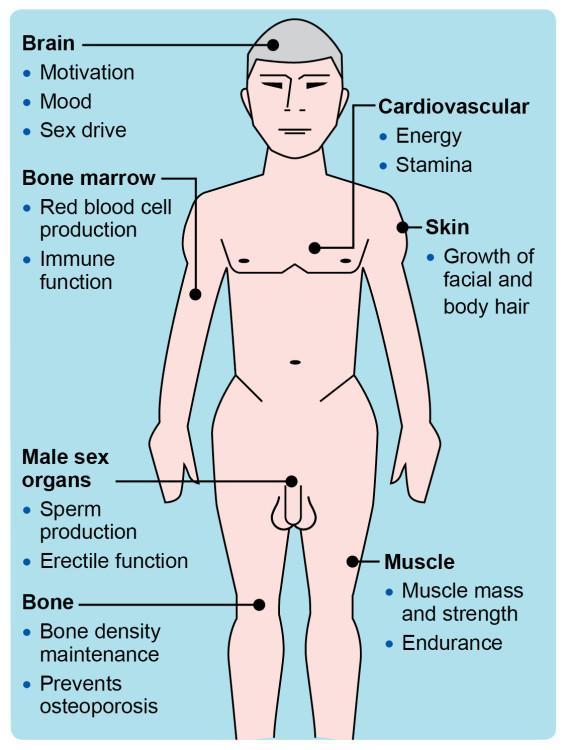
Understanding the Role of Testosterone in Mens Health
Testosterone, often referred to as the male hormone, plays a crucial role in various aspects of men’s health. It is responsible for developing male characteristics, influencing muscle mass, bone density, and even mood. As men age, testosterone levels typically decline, which can lead to a range of health issues. Recognizing the symptoms of low testosterone is vital, as they may manifest in numerous ways, including:
- Fatigue: A persistent sense of tiredness that doesn’t improve with rest.
- Decreased Libido: A noticeable drop in sexual desire or performance.
- Weight Gain: An increase in body fat, particularly around the abdomen.
- Mood Changes: Increased irritability or feelings of depression.
Men experiencing these symptoms may benefit from discussing testosterone therapy with their healthcare provider. This treatment seeks to restore hormone levels to a healthier range, potentially improving overall vitality and well-being. It’s essential to consider both the pros and cons of therapy, as well as potential side effects. An understanding of individual health conditions and lifestyle factors can help tailor a treatment plan that focuses on:
| Focus Area | Benefits |
|---|---|
| Energy Levels | Improved stamina and reduced fatigue |
| Muscle Growth | Enhanced strength and performance |
| Mood Enhancement | Greater emotional stability and reduced irritability |
| Sexual Health | Increased libido and satisfaction |
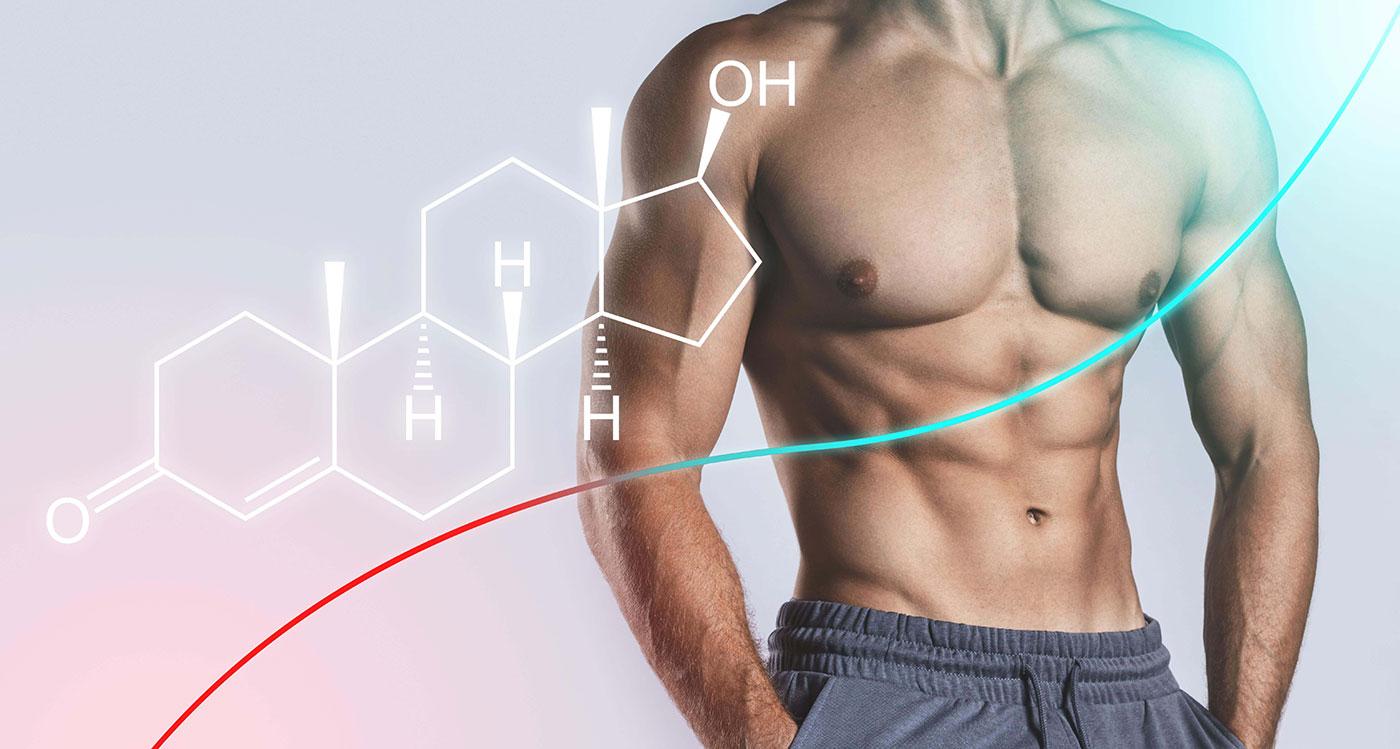
Signs of Low Testosterone and Their Impact on Vitality
Low testosterone levels can subtly yet significantly affect a man’s overall vitality. Often overlooked, signs such as fatigue, decreased libido, and mood swings can indicate a hormonal imbalance. Many men experience a gradual decline in energy levels, leading to reduced physical activity and poor muscle tone. This not only hampers performance in daily tasks but can also contribute to an overall feeling of lethargy that diminishes life enjoyment.
Other symptoms associated with low testosterone include difficulty concentrating, increased body fat, and sleep disturbances. These issues can create a cyclical effect, as poor sleep and lack of focus can further exacerbate stress levels, leading to more pronounced fatigue and emotional instability. Recognizing these signs early is crucial, as timely intervention through lifestyle changes or hormone replacement therapies can significantly enhance vitality and improve quality of life.
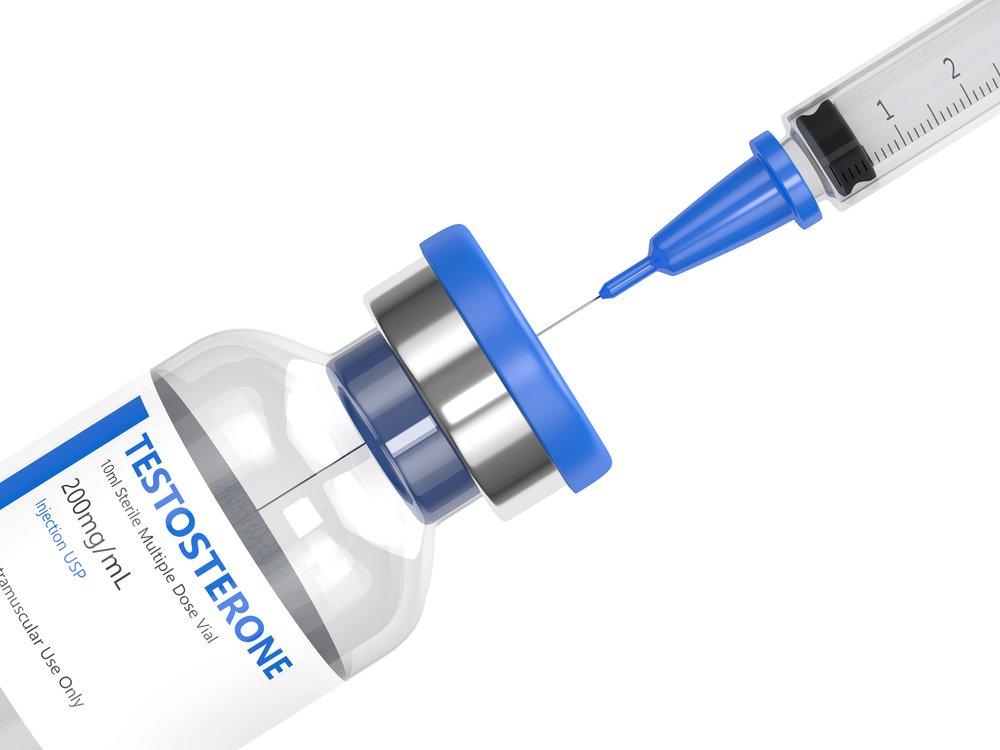
Evaluating the Benefits of Testosterone Therapy
Testosterone therapy has gained popularity among men seeking to reclaim their vitality and enhance their overall wellbeing. Many studies suggest that adequate testosterone levels can significantly improve various aspects of life. Notably, the benefits may include:
- Improved Energy Levels: Increased testosterone can lead to heightened energy and reduced fatigue, empowering men to engage in daily activities.
- Enhanced Mood: Many individuals report a decrease in feelings of anxiety and depression, contributing to a more positive outlook on life.
- Muscle Strength Development: Testosterone plays a crucial role in muscle growth, which can lead to improved physical performance.
- Better Cognitive Function: Hormone therapy may help sharpen memory and cognitive abilities, promoting better focus and clarity.
The effectiveness of testosterone therapy can vary based on individual health factors. Nonetheless, its potential benefits are compelling. To better understand the impact of therapy, consider the following table that outlines common symptoms of low testosterone alongside the improvements reported after therapy:
| Symptoms of Low Testosterone | Reported Improvements with Therapy |
|---|---|
| Fatigue and low energy | Increased energy levels |
| Reduced motivation | Enhanced mood and drive |
| Loss of muscle mass | Muscle strength gain |
| Poor focus and memory | Improved cognitive function |
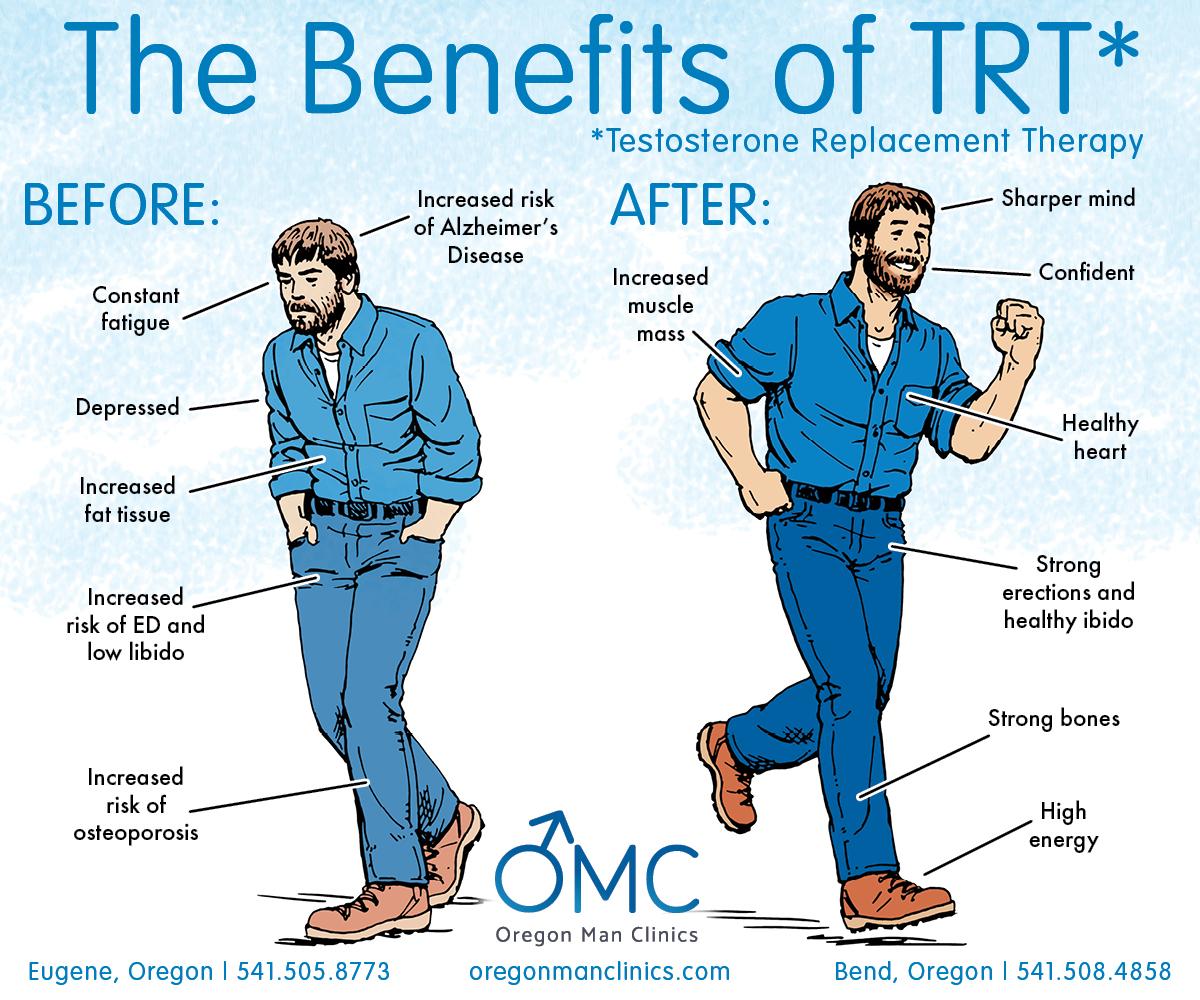
Exploring Different Forms of Testosterone Treatment
Testosterone treatment has evolved into a variety of forms, allowing men to choose what best fits their lifestyle and preferences. Each type of therapy can have distinct advantages and potential drawbacks. The most common forms include:
- Injectable Testosterone: Administered directly into the muscle, these injections can provide a potent dose that may last for several weeks.
- Transdermal Patches: These deliver a steady stream of testosterone through the skin, offering a convenient application method that many find appealing.
- Gels and Creams: Applied to the skin, they allow for easy absorption and flexibility in dosing, although one must take care to avoid contact with others post-application.
- Pellets: Small pellets implanted under the skin, providing a long-lasting hormonal release over several months.
Understanding the differences between these methods can help men make informed decisions about their treatment plans. Below, we illustrate a simple comparison:
| Form | Frequency | Convenience | Potential Side Effects |
|---|---|---|---|
| Injectable | Every 1-2 weeks | Moderate | Pain at injection site, mood swings |
| Patch | Daily | High | Skin irritation, allergic reaction |
| Gel/Cream | Daily | High | Skin irritation, risk of transfer to others |
| Pellets | Every 3-6 months | Very high | Infection at insertion site, extrusion |
Navigating the Risks and Considerations of Therapy
While testosterone therapy can enhance vitality, it’s essential to recognize and weigh its potential risks and considerations. Engaging in this treatment requires a thorough understanding of its impacts on both physical and psychological health. Individuals contemplating such therapy should be aware of common side effects that may arise, including:
- Cardiovascular issues: Elevated blood pressure and increased risk of heart diseases.
- Hormonal imbalances: Possible gynecomastia or acne due to hormone fluctuations.
- Emotional changes: Heightened aggression or mood swings may occur.
Moreover, staying informed about the right dosage and administration is crucial to mitigate these risks. Regular monitoring through blood tests can help track testosterone levels and detect any adverse effects early on. It is advisable for patients to consult healthcare professionals who can provide personalized guidance based on individual health profiles. Here’s a simplified overview of recommendations for safe testosterone therapy:
| Recommendation | Description |
|---|---|
| Pre-Treatment Assessment | Complete medical evaluation to confirm testosterone deficiency and assess risks. |
| Regular Monitoring | Consistent check-ups to monitor hormone levels and overall health. |
| Informed Decisions | Stay educated on potential side effects and ongoing research regarding therapy. |
Integrating Lifestyle Changes for Enhanced Results
Embarking on testosterone therapy is a pivotal step toward revitalizing men’s health, but integrating complementary lifestyle changes can amplify these benefits significantly. A well-rounded approach includes focusing on nutrition, exercise, and mental wellness. Nutrition should emphasize whole foods, rich in nutrients that support testosterone production such as zinc and vitamin D. Incorporating lean proteins, healthy fats, and a variety of fruits and vegetables can enhance overall health and energy levels. Pairing this with appropriate physical activity—think resistance training and cardiovascular workouts—can help maintain muscle mass and optimize hormonal balance.
Additionally, addressing mental health is just as essential for maximizing the effects of testosterone therapy. Here are some practical ways to support mental well-being:
- Stress Reduction: Practice mindfulness or yoga to lower stress levels.
- Quality Sleep: Aim for 7-9 hours of restful sleep per night to support recovery and hormonal regulation.
- Social Connections: Foster relationships and engage in community activities to boost emotional health.
By weaving these lifestyle adjustments into daily routines, men can unlock the full potential of testosterone therapy, paving the way for enhanced vitality and overall well-being.
The Future of Hormonal Health: Trends in Testosterone Therapy
The landscape of hormonal health is evolving, with an increasing emphasis on testosterone therapy as a cornerstone for enhancing men’s vitality. As awareness about the effects of low testosterone levels grows, more men are seeking solutions tailored to their specific health needs. The integration of personalized medicine allows for treatments that are not one-size-fits-all but rather custom-fit, considering factors such as age, lifestyle, and underlying health conditions. This approach enhances the efficacy of therapy, addressing not only testosterone levels but also improving overall well-being and quality of life.
Emerging trends indicate a shift toward a more holistic understanding of testosterone’s role in men’s health. With advancements in diagnostic technologies, healthcare providers can better assess testosterone levels and their impact on various health aspects. Key trends include:
- Telemedicine: Increased access to hormone therapy consultations online.
- Bioidentical Hormones: Growing popularity of natural alternatives to synthetic testosterone.
- Integrated Wellness Programs: Combining fitness, nutrition, and psychological support with hormonal treatments.
| Trend | Description |
|---|---|
| Telemedicine | Virtual consultations for easy access to testosterone therapy. |
| Bioidentical Hormones | Natural options aligned with body chemistry for better compatibility. |
| Integrated Wellness | Holistic programs that support overall health alongside therapy. |
Q&A
Q&A: Testosterone Therapy for Men’s Vitality
Q1: What is testosterone therapy, and why is it important for men’s health?
A1: Testosterone therapy involves the administration of testosterone to boost levels in men who have been diagnosed with low testosterone, often referred to as “Low T.” This hormone plays a crucial role in male vitality, influencing energy levels, mood, muscle mass, and even libido. For many men, maintaining optimal testosterone levels is key to overall well-being and vitality as they age.
Q2: How do I know if I have low testosterone?
A2: Symptoms of low testosterone can vary but commonly include fatigue, decreased libido, mood changes, and reduced muscle mass. The best way to determine if you have low testosterone is through a blood test conducted by a healthcare professional. If your levels fall below the normal range, your doctor may recommend further evaluation and treatment options.
Q3: What are the potential benefits of testosterone therapy?
A3: Testosterone therapy may provide numerous benefits, including improved energy levels, enhanced mood, increased muscle strength, better cognitive function, and heightened libido. Many men report feeling more youthful and vigorous after starting treatment, which can positively impact their overall quality of life.
Q4: Are there any risks associated with testosterone therapy?
A4: Yes, while testosterone therapy can be beneficial, it is not without risks. Possible side effects can include acne, sleep apnea, increased red blood cell count, and potential cardiovascular issues. It’s important for individuals to work closely with a healthcare professional to weigh the risks and benefits, monitor their health, and adjust treatment as necessary.
Q5: How is testosterone therapy administered?
A5: Testosterone therapy can be administered in several forms, including injections, skin patches, gels, and pellets inserted under the skin. The method of delivery often depends on personal preference, lifestyle, and the specific recommendation of a healthcare provider. Each method varies in how frequently it needs to be administered and how it can best fit into a person’s routine.
Q6: Who should consider testosterone therapy?
A6: Men who are experiencing symptoms of low testosterone and have received a diagnosis from a healthcare provider should consider testosterone therapy. It may be particularly beneficial for older men or those with certain medical conditions affecting hormone levels. However, it’s essential for every individual to have a thorough discussion with their doctor to explore whether therapy is appropriate for their specific circumstances.
Q7: Can lifestyle changes help with testosterone levels?
A7: Absolutely! Lifestyle changes can have a significant impact on testosterone levels. Regular exercise, particularly strength training, a balanced diet, maintaining a healthy weight, managing stress, and getting enough sleep are all crucial factors that can help elevate testosterone naturally. For many, combining lifestyle improvements with medical treatment can lead to the best outcomes.
Q8: Is testosterone therapy a long-term commitment?
A8: For many men, testosterone therapy is indeed a long-term commitment. Once treatment begins, ongoing monitoring and adjustments are typically necessary to maintain hormone levels within the desired range. Regular check-ins with a healthcare provider are essential to ensure that treatment remains effective and to manage any potential side effects.
Q9: What should I discuss with my doctor before starting testosterone therapy?
A9: Before starting therapy, it’s vital to discuss your symptoms, medical history, and any pre-existing conditions with your doctor. They will likely ask about your lifestyle, perform tests to assess your hormone levels, and explain the potential benefits and risks of treatment. Open communication will ensure that both you and your physician are aligned on the best course of action for your health.
Q10: Where can I learn more about testosterone therapy and its effects on vitality?
A10: To learn more about testosterone therapy, consult reputable medical sources such as endocrinology clinics, urologists, or websites dedicated to men’s health. Books and peer-reviewed articles can also provide valuable insights. Ultimately, the best resource will be your healthcare provider, who can provide personalized information tailored to your specific needs.
The Way Forward
the journey toward optimal men’s vitality is as complex as it is personal. Testosterone therapy emerges as a beacon for those navigating the challenges of low energy, decreased libido, and overall vitality. While the path to reclaiming one’s vigor may involve medical consultations and lifestyle adjustments, the potential benefits are worth considering. As we increasingly understand the delicate balance of hormones, it’s essential to approach testosterone therapy with knowledge and caution, ensuring that every step taken is in pursuit of not just a number on a blood test, but a deeper, more fulfilling quality of life. Ultimately, whether you choose to explore this option or seek alternative routes, the key lies in finding what works best for you—because true vitality is a journey, not a destination.

